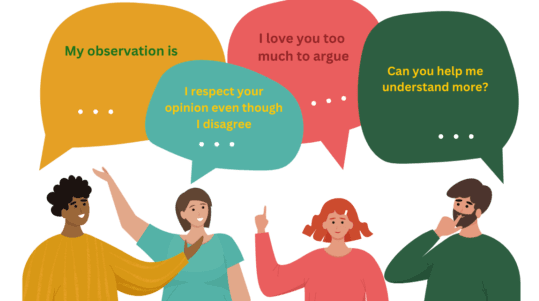EMDR
Eye Movement Desensitization and ReprocessingAccelerate resolution of trauma with EMDR

What is EMDR?
EMDR (Eye Movement Desensitization and Reprocessing) is a psychotherapy approach that was originally developed to treat trauma-related disorders such as post-traumatic stress disorder (PTSD). EMDR was developed in the late 1980s by Francine Shapiro and has since gained popularity as an effective treatment for various mental health conditions.
EMDR involves a structured protocol in which the therapist guides the client through a series of eye movements, sounds, or taps while focusing on a particular traumatic memory or event. The theory behind EMDR is that the bilateral stimulation of the brain that occurs during the eye movements or other stimuli helps to process and integrate traumatic memories, reducing their emotional impact and allowing the individual to move forward.
EMDR is typically used as a short-term treatment, with most sessions lasting between 60 and 90 minutes. The number of sessions needed can vary depending on the severity of the individual’s symptoms and the specific issue being treated.
EMDR has been found to be effective for a range of mental health conditions, including PTSD, anxiety disorders, depression, and phobias. However, like any psychotherapy approach, it may not be suitable for everyone. It is important to consult with a qualified mental health professional to determine if EMDR or another treatment approach is appropriate for your specific needs.
Resources
Three EMDR, EFT and CBT psychotherapies relieved the symptoms in PTSD patients. However, according to the post-test results, EMDR intervention was more effective than CBT and EFT psychotherapy in reducing PTSD symptoms. Since, all the three methods can improve behavioral strategies by influencing irrational thoughts and emotion release, they are effective ways to reduce PTSD .
https://psychologyj.tabrizu.ac.ir/article_16246.html?lang=en
Get started sooner than later because change is hard and growth is optional...
Change is hard, choices tend towards paths of least resistance, and we get comfortable with habits and relational patterns we know well. This is why taking action sooner than later is the best path forward to build lives that flourish and relationships that thrive. Our team of expert therapists and coaches can help with insight, accountability, guidance, and the right support for your specific needs.